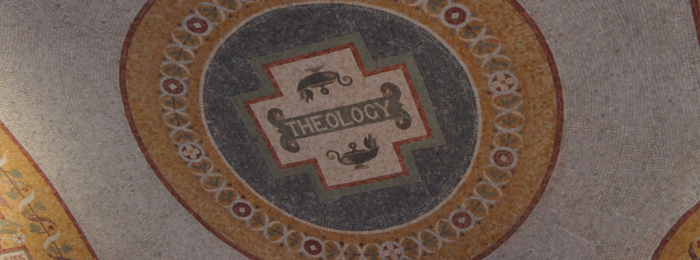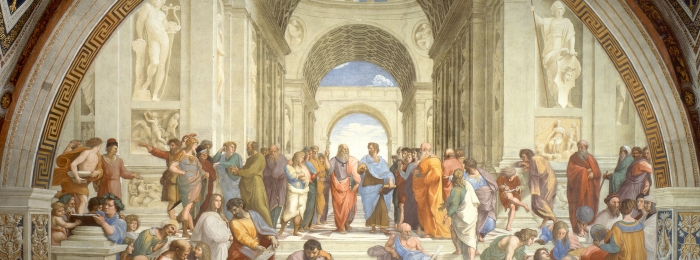In 1555, at the end of Broad street just outside the gates of Balliol College, Oxford, three leaders in the Church of England were burned at the stake. 300 years later, the city of Oxford offered a rather public apology when they constructed a monument “in grateful commemoration” of the three martyrs for “bearing witness to the sacred truths which…
Read More
“His divine power has granted to us all things that pertain to life and godliness, through the knowledge of him who called us to his own glory and excellence by which he has granted to us his precious and very great promises, so that through them you may become partakers of the divine nature, having escaped from the corruption that is…
Read More
“Two things can save the world, thought and prayer; but the trouble is the people who think don’t pray, and the people who pray don’t think.” – Bruce Marshall, Satan and Cardinal Campbell “ARE THERE NO SINS OF INTELLECT?” Some people are naturally curious–always skeptical, inquisitive, and probing. Others seem not so burdened. There is nothing inherently virtuous or vicious…
Read More
“Reading is an immense gift, but only if the words are assimilated, taken into the soul—eaten, chewed, gnawed, and received in unhurried delight.” — Eugene Peterson, Eat This Book DEVELOP AN ETHIC OF READING In the last post, I asked you to consider the following scenario: if there were a “preface” to Holy Scripture—showing us what lens with which to…
Read More
CATCHING UP In the first post of this series, we learned that “theology” is simply learning to embrace good and right ideas about God. C. S. Lewis compared the study of theology to holding a map of the world—a much needed help if you are interested in serious exploration. In the second post, we saw that not all ideas about God—or…
Read More
The Value of Creeds and Church Tradition There is no doubt in my mind that God has provided all that we need to know in matters pertaining to “life and godliness” (2 Peter 1:3). In our search for such things, it is right to appeal “to the teaching and to the testimony” found in Scripture (Isaiah 8:20). The very words…
Read More
Consider three statements: “I don’t interpret the Bible. I just read it and do what it says.” “If the Bible needs interpretation, then it isn’t given by inspiration.” “Common sense is the only interpretation method we need to understand the Bible.” Have you ever heard someone express sentiments like these? It usually comes from a good heart, and a strong…
Read More
If God sets rules, we are called to keep them. “If you love me,” says Jesus, “you will keep my commandments” (John 14:15). “Here’s how we can be sure that we know God in the right way,” writes John: “Keep his commandments” (1 John 2:3 MSG). It’s even possible to speak of “loving” God’s rules, since they give us peace,…
Read More
“What you heard from me, keep as the pattern of sound teaching, with faith and love in Christ Jesus. Guard the good deposit that was entrusted to you—guard it with the help of the Holy Spirit who lives in us.” (2 Timothy 1:13-14) “In other words, Theology is practical: especially now. In the old days, when there was less education…
Read More
In the history of Christian thought, some have assumed philosophy has nothing to do with Christianity. Writing in the 3rd century, Tertullian put it this way: For philosophy it is which is the material of the world’s wisdom, the rash interpreter of the nature and the dispensation of God. Indeed heresies are themselves instigated by philosophy. From this source came…
Read More










